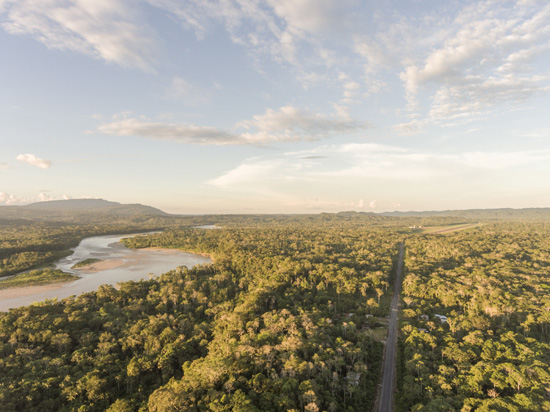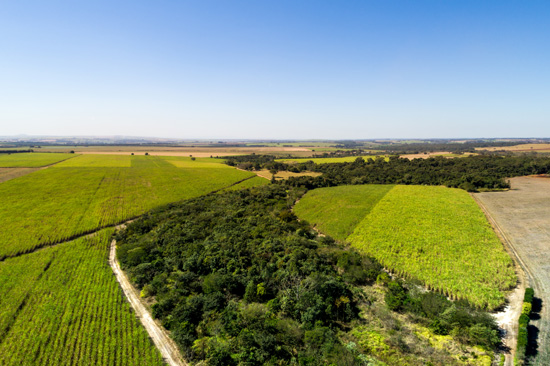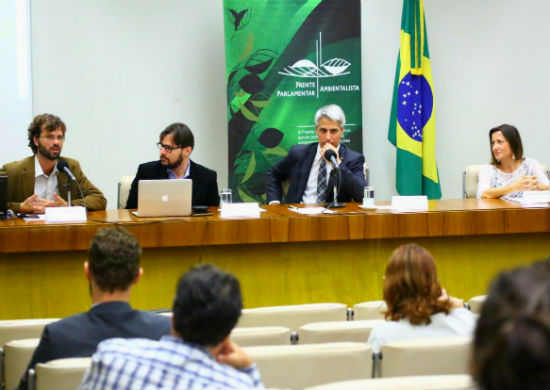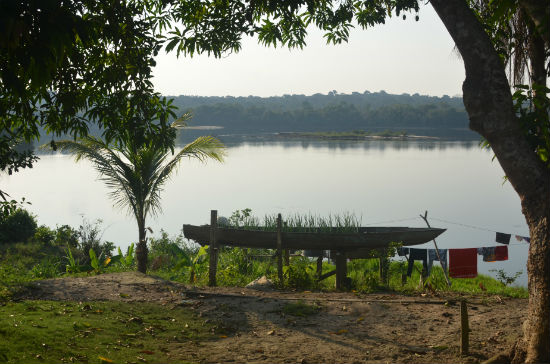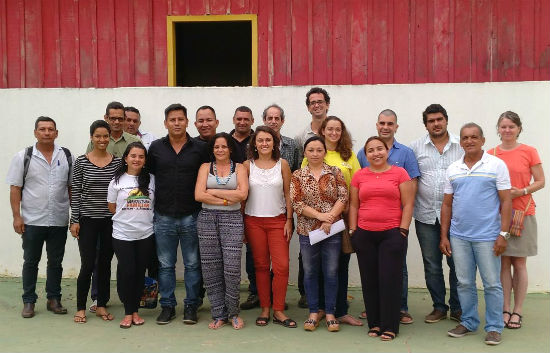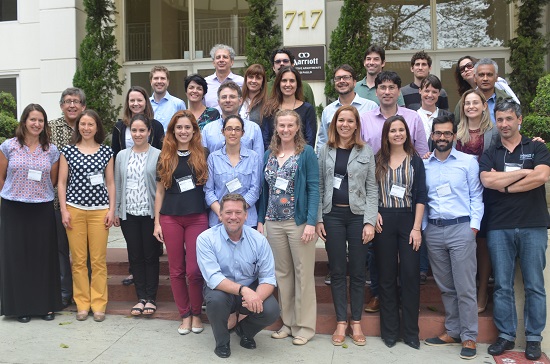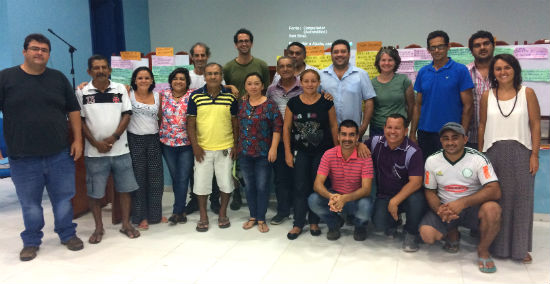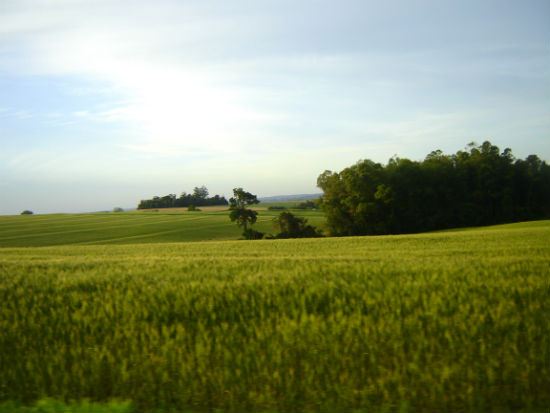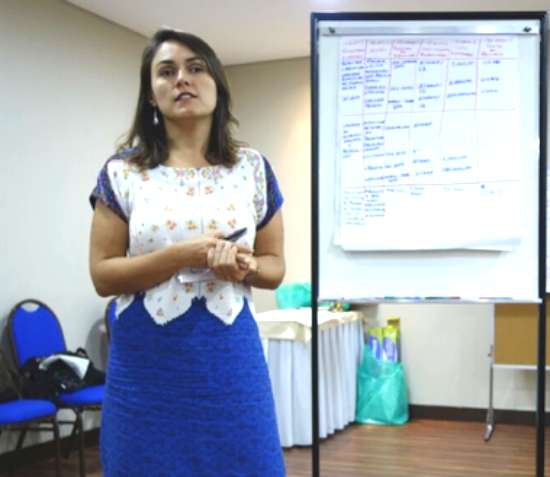News
Aerial view of a road through the Amazon forest in Ecuador. Photo credit: Dr. Morley ReadInfrastructure investments in the Amazon can support economic and social development, and bring services to remote populations. However, if poorly planned, they can also result in irreversible, destructive change to the environment and ecosystem services on which communities depend, and lead to inefficient use of economic resources.
A rural area near São Paulo, Brazil. Photo credit: Filipe Frazão
CSF-Brazil recently hosted the seminar "Implementation of Environmental Reserve Quotas (CRA) in Brazilian states" to help promote more economically efficient and environmentally sound forest conservation, in partnership with the Federal University of Minas Gerais state (UFMG), the Forest Code Observatory (OCF) and the Environmentalist Parliamentary Front, on December 7th at the House of Representatives in Brasília, Brazil.
More than forty people attended the event, representing the Ministry of the Environment, the Environment Secretariats of thirteen states, non-governmental organizations, research institutions, national and international universities, as well as the organizing institutions.
CSF staff conducted a field visit to villages of the Munduruku people in the Brazilian Amazon. These communities have been adversely affected for several years by the construction of the Teles Pires and São Manoel hydropower plants.
Scenic beauty of the Teles Pires river.
Tropical savannah (Cerrado) area in Brazil. Photo credit: Pedro Gasparinetti.
In August 2017, CSF-Brazil presented our results from the economic feasibility study for the implementation of the Agro-extractivist Cooperatives and Associations Network of the State of Amazonas (RECABAAM) in Beruri, Amazonas.
More than twenty stakeholders attended the presentation, representing the community-based factories processing the Brazil nut, civil society institutions and state government, including the Institute of Agricultural and Sustainable Forestry Development of the State of Amazonas (IDAM) and the State Secretary of Rural Production (SEPROR).
TNC and CSF staff gathered in São Paulo for the course. Photo credit: Marion Le Failler
Participants and organizers of the RECABAAM modeling workshop.
Legal Reserve area aside wheat planting. Photo credit: Daniel Kieling.
CSF's Fernanda Alvarenga doing a presentation during one of the value chains workshops.

